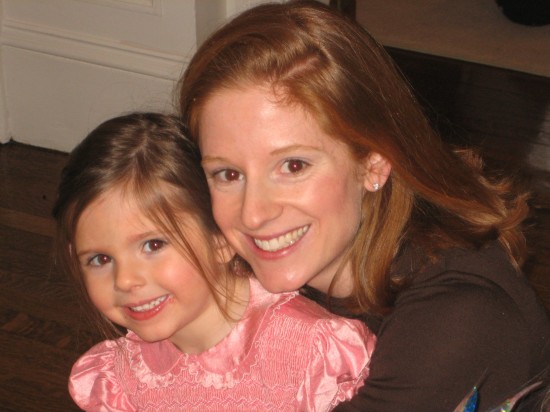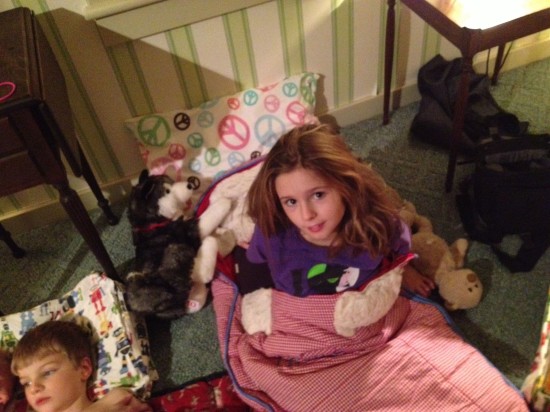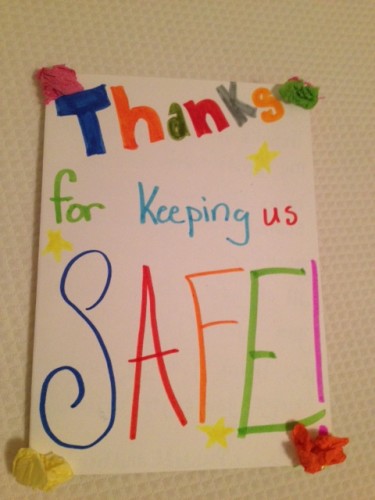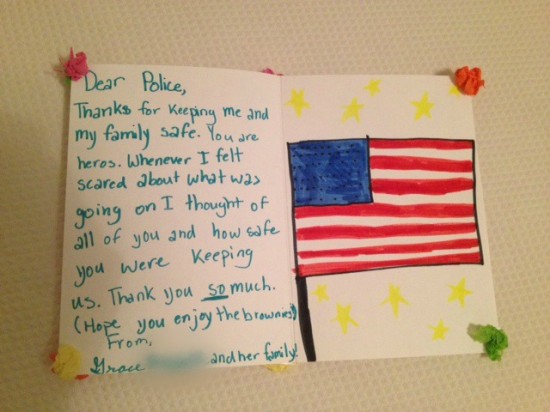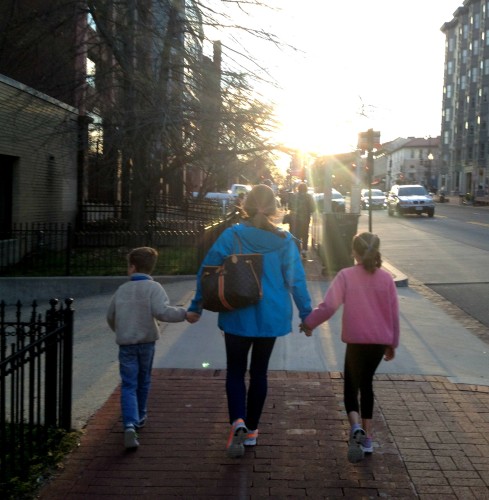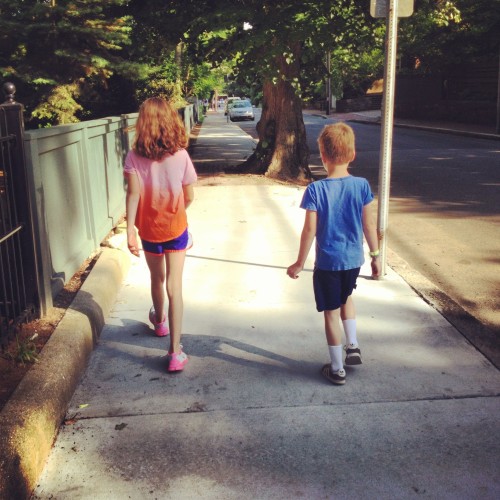
It’s well established that I love the solstice. In some fundamental way, my spirit feels the ebb and flow of light and dark, and the way that they dance with each other from one end of the year to the other mean something to me that I can’t quite entirely express. Last Friday was the summer solstice. I’d been feeling it coming for weeks. A gradually-building awareness thrummed inside me that we were reaching the pinnacle of the year’s light.
To mark the day, Grace, Whit, and I went for a notice things walk after dinner. It was a spectacular evening. When we set out, the sun still quite high in the sky, and the light turned golden as we walked. For some reason, it had been a long week; Grace and Whit were bickering and I felt tired. Still, we walked. We noticed things. A spray of small pink flowers in a yard, the fact that the years-long construction at a house near ours seemed to be over, the almost-imperceptible hum of a dragon fly that accompanied us for a block.
In between the noticing, there was arguing. Everything Grace did aggravated Whit. He kept snapping at her, exasperated. Everything Whit did annoyed Grace. She kept scoffing, rolling her eyes, and walking ahead of him. I finally stopped them and looked them in the eye, one at a time. Stop it, I barked. Enough. This day is important to me. Pull it together, I said in a raised voice.
Chastised, they kept walking. I trailed them, taking this picture. I felt a surge of that agitation, that restlessness that feels like an itch inside my head, that I now understand to be my brain and heart trying desperately not to be present. Giving in to it, I looked down at my phone, scrolling through recent emails. I glanced up to see that Grace had turned and was watching me. She glared at me, and I looked back, raising my eyebrows questioningly. “What?”
“Put down your phone,” she said and turned away from me. To punctuate her dissatisfaction, she reached over and took Whit’s hand. He let her, and they walked off, away from me. My cheeks burned as I slipped my phone into my pocket and hurried to catch up to them. All I could think was: don’t waste this, Lindsey. We waited to cross a street and I leaned down and whispered in Grace’s ear, “I’m sorry.” She smiled at me and we walked together, the three of us, into the large grass quad near our house.
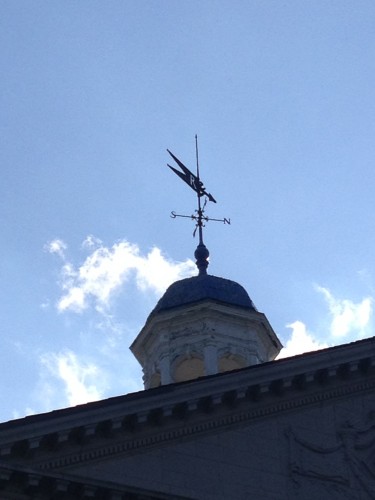
I sat and watched them run. They did cartwheels and raced, and Whit climbed a tree. Then we walked on. A calm settled gently over us. Nobody argued. My restlessness eased. It was as though we’d slid quietly into a slipstream, suddenly stopping our splashing against the current and instead letting ourselves be carried. Relief washed over me as I grabbed hold of the shimmering ribbon that is being open to and aware of my experience. I remembered, yet again, that it is a practice, this noticing, this being here now, this breathing, this watching with glittering eyes the immense holiness of life itself.
I trip, I fall, I yell, I snap, I fail. And I start again. I train my eyes right here, on what is in front of my feet.
We noticed the print of a leaf in the sidewalk, talked about how it must have happened, how a leaf must have fallen into the wet concrete. We fell into step in silence. We noticed a slew of heart-shaped leaves. Under our feet, the earth tilted, shifting infinitesimally towards the darkness, commencing its gradual movement down from this apex of light. And we walked on.


